The Wholesome Journey - Group Nutrition Coaching Program
Mentorship Program, 1:1 Nutrition Coaching with Alison
What do you want to learn more about?
Program Login
Podcast Features
February 21, 2019
Alison Tierney, MS, RD, CD, CSO
Alison is a registered dietitian, board-certified in oncology nutrition, and a cancer thriver. Her expertise in oncology nutrition and personal experience with her own cancer diagnosis and its treatment provide her with the unique perspective of being able to relate to her clients on an entirely different level. Her content is consistently focused on evidence-based guidelines and seeks to increase the awareness of the power of nutrition to complement traditional cancer therapies.
- Alison Tierney, MS, RD, CD, CSO
- Alison Tierney, MS, RD, CD, CSO
- Alison Tierney, MS, RD, CD, CSO
- Alison Tierney, MS, RD, CD, CSO
- Alison Tierney, MS, RD, CD, CSO
- Alison Tierney, MS, RD, CD, CSO
- Alison Tierney, MS, RD, CD, CSO
- Alison Tierney, MS, RD, CD, CSO
- Alison Tierney, MS, RD, CD, CSO
- Alison Tierney, MS, RD, CD, CSO
- Alison Tierney, MS, RD, CD, CSO
- Alison Tierney, MS, RD, CD, CSO
- Alison Tierney, MS, RD, CD, CSO
- Alison Tierney, MS, RD, CD, CSO
- Alison Tierney, MS, RD, CD, CSO
- Alison Tierney, MS, RD, CD, CSO
- Alison Tierney, MS, RD, CD, CSO
- Alison Tierney, MS, RD, CD, CSO
- Alison Tierney, MS, RD, CD, CSO
- Alison Tierney, MS, RD, CD, CSO
- Alison Tierney, MS, RD, CD, CSO
- Alison Tierney, MS, RD, CD, CSO
- Alison Tierney, MS, RD, CD, CSO
- Alison Tierney, MS, RD, CD, CSO
- Alison Tierney, MS, RD, CD, CSO
- Alison Tierney, MS, RD, CD, CSO
- Alison Tierney, MS, RD, CD, CSO
- Alison Tierney, MS, RD, CD, CSO
- Alison Tierney, MS, RD, CD, CSO
- Alison Tierney, MS, RD, CD, CSO
- Alison Tierney, MS, RD, CD, CSO
- Alison Tierney, MS, RD, CD, CSO
- Alison Tierney, MS, RD, CD, CSO
- Alison Tierney, MS, RD, CD, CSO
- Alison Tierney, MS, RD, CD, CSO
- Alison Tierney, MS, RD, CD, CSO
- Alison Tierney, MS, RD, CD, CSO
- Alison Tierney, MS, RD, CD, CSO
- Alison Tierney, MS, RD, CD, CSO
- Alison Tierney, MS, RD, CD, CSO
- Alison Tierney, MS, RD, CD, CSO
- Alison Tierney, MS, RD, CD, CSO
- Alison Tierney, MS, RD, CD, CSO
- Alison Tierney, MS, RD, CD, CSO
- Alison Tierney, MS, RD, CD, CSO
- Alison Tierney, MS, RD, CD, CSO
- Alison Tierney, MS, RD, CD, CSO
- Alison Tierney, MS, RD, CD, CSO
- Alison Tierney, MS, RD, CD, CSO
- Alison Tierney, MS, RD, CD, CSO
- Alison Tierney, MS, RD, CD, CSO
- Alison Tierney, MS, RD, CD, CSO
- Alison Tierney, MS, RD, CD, CSO
- Alison Tierney, MS, RD, CD, CSO
- Alison Tierney, MS, RD, CD, CSO
- Alison Tierney, MS, RD, CD, CSO
- Alison Tierney, MS, RD, CD, CSO
- Alison Tierney, MS, RD, CD, CSO
- Alison Tierney, MS, RD, CD, CSO
- Alison Tierney, MS, RD, CD, CSO
- Alison Tierney, MS, RD, CD, CSO
- Alison Tierney, MS, RD, CD, CSO
- Alison Tierney, MS, RD, CD, CSO
- Alison Tierney, MS, RD, CD, CSO
- Alison Tierney, MS, RD, CD, CSO
- Alison Tierney, MS, RD, CD, CSO
- Alison Tierney, MS, RD, CD, CSO
- Alison Tierney, MS, RD, CD, CSO
- Alison Tierney, MS, RD, CD, CSO
- Alison Tierney, MS, RD, CD, CSO
- Alison Tierney, MS, RD, CD, CSO
- Alison Tierney, MS, RD, CD, CSO
- Alison Tierney, MS, RD, CD, CSO
- Alison Tierney, MS, RD, CD, CSO
- Alison Tierney, MS, RD, CD, CSO
- Alison Tierney, MS, RD, CD, CSO
- Alison Tierney, MS, RD, CD, CSO
- Alison Tierney, MS, RD, CD, CSO
- Alison Tierney, MS, RD, CD, CSO
- Alison Tierney, MS, RD, CD, CSO
- Alison Tierney, MS, RD, CD, CSO
- Alison Tierney, MS, RD, CD, CSO
- Alison Tierney, MS, RD, CD, CSO
- Alison Tierney, MS, RD, CD, CSO
- Alison Tierney, MS, RD, CD, CSO
- Alison Tierney, MS, RD, CD, CSO
- Alison Tierney, MS, RD, CD, CSO
- Alison Tierney, MS, RD, CD, CSO
- Alison Tierney, MS, RD, CD, CSO
- Alison Tierney, MS, RD, CD, CSO
- Alison Tierney, MS, RD, CD, CSO
- Alison Tierney, MS, RD, CD, CSO
- Alison Tierney, MS, RD, CD, CSO
- Alison Tierney, MS, RD, CD, CSO
- Alison Tierney, MS, RD, CD, CSO
- Alison Tierney, MS, RD, CD, CSO
- Alison Tierney, MS, RD, CD, CSO
- Alison Tierney, MS, RD, CD, CSO
- Alison Tierney, MS, RD, CD, CSO
- Alison Tierney, MS, RD, CD, CSO
- Alison Tierney, MS, RD, CD, CSO
- Alison Tierney, MS, RD, CD, CSO
- Alison Tierney, MS, RD, CD, CSO
- Alison Tierney, MS, RD, CD, CSO
- Alison Tierney, MS, RD, CD, CSO
- Alison Tierney, MS, RD, CD, CSO
- Alison Tierney, MS, RD, CD, CSO
- Alison Tierney, MS, RD, CD, CSO
- Alison Tierney, MS, RD, CD, CSO
- Alison Tierney, MS, RD, CD, CSO
- Alison Tierney, MS, RD, CD, CSO
- Alison Tierney, MS, RD, CD, CSO
- Alison Tierney, MS, RD, CD, CSO
- Alison Tierney, MS, RD, CD, CSO
- Alison Tierney, MS, RD, CD, CSO
- Alison Tierney, MS, RD, CD, CSO
- Alison Tierney, MS, RD, CD, CSO
- Alison Tierney, MS, RD, CD, CSO
- Alison Tierney, MS, RD, CD, CSO
- Alison Tierney, MS, RD, CD, CSO
- Alison Tierney, MS, RD, CD, CSO
- Alison Tierney, MS, RD, CD, CSO
- Alison Tierney, MS, RD, CD, CSO
My job as an oncology dietitian has taught me more than I ever thought it would–and I’m not talking about nutrition and cancer. It has taught me some incredible real life lessons.
One of those lessons? Cancer doesn’t discriminate. It doesn’t care if you’re young or old. It doesn’t care about the color of your skin. It doesn’t care if you have young children, grown children, or no children at all. It doesn’t care.
When I think about this lesson, I think of Martha.
I’ve known Martha for less than a year–but I am happy to say she isn’t just a patient, she is a friend.
Before I even met her, her chart made my heart sink. Martha was diagnosed with cancer at the young age of 33. My heart always sinks when I see a chart like hers and always will.
Martha and I quickly connected. Our appointments were more than just nutrition education (like with SO many of my patients). They were about being a mom, overcoming adversity, blogging(!), and so much more.
I am beyond honored to have Martha on the blog today to share her story. I have no doubt you will quickly fall into Martha’s words, love, and strength. So, I’ll let her take it away . . .
How Cancer Changed my Relationship with Food
Hi Wholesome readers! My name is Martha and I’m so honored to be sharing my story with you today. I hope to give you some insight into my journey with food and how my relationship with it has changed over the course of my life during and after cancer.
In April of 2018, to my utter disbelief, I was diagnosed with stage 2 triple negative breast cancer. At the time, I was 33 years old, a mom working full-time and grieving the loss of my dad, who had passed away just 6 weeks prior, after a long fight against cancer.
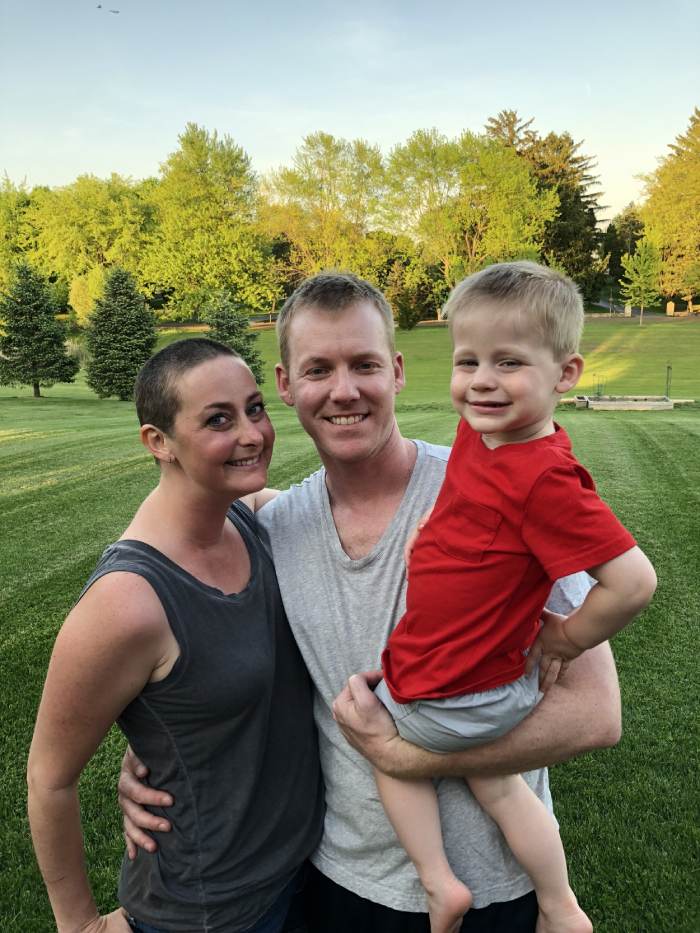
With no family history of breast cancer and no gene mutations (after genetic testing) such as BRCA to “blame”, to say that I was shell-shocked was an understatement. As I learned more about my specific type of cancer, triple negative, I realized that I might never truly know the reason I got cancer. It could have been related to stress, environmental factors, a combination of things or worst of all, just a fluke.
A diagnosis of triple negative breast cancer means the three most common types of receptors known to fuel most breast cancer growth: estrogen, progesterone, and the HER-2/neu gene–- are not present in the cancer tumor. Typically, triple negative is considered more aggressive with a poorer prognosis as a result of fewer treatment options due to the lack of the three receptors.
Once the dust settled and the initial shock of my diagnosis wore off slightly, I quickly realized and accepted this journey was very much a “Jesus take the wheel” situation. Meaning, though I prefer to be in control of my life/direction/purpose, there wasn’t a ton I could do. I leaned into my faith and support system to get by. In the meantime, I started to hone in on the things I could control, giving me a sense of responsibility.
These included:
- My attitude
- Self advocacy
- Environmental factors (such as cleaning and beauty products)
- My diet
I could write for hours on each of those topics, but today I’m going to focus on my relationship with food and how it has changed over the past year.
I met Alison roughly 2 weeks into my cancer journey – I was scared, overloaded with information and honestly not sure what food had to do with cancer anyway. (Hello, uninformed, pre-cancer Martha.) BUT, I was willing to try anything to feel more in control of my situation so I looked forward to talking to a dietitian who specialized in oncology.
In our first chat, we walked through my daily routine with food and Alison gave me a great overview of what I was doing right, and areas where I could improve. As a quick aside – I have always taken my health seriously. I eat fresh foods, try to avoid processed items as much as I can, and would always choose a sub over fast food burgers any day. Learning how food relates to cancer was a whole new ballgame – one where I was clueless.
Through recommendations from Alison, my own research and just common sense, I made some major changes, and some minor ones – all of which I continue to implement today. I’m not perfect, I still enjoy ice cream and sweets (my weakness), and I can’t say no to pasta… but to me it’s all about making these changes work for my life.
Alison’s Note: No one should have to say no to pasta! We love incorporating whole-grain or legume based pasta into our diet. You’ll find many pasta based, cancer-fighting recipes in our collection!
Major Changes
Goodbye Milk!
I had always been a milk drinker. I loved it and always thought, especially as a woman, I needed it to help build strong bones. I also always had issues with my gut immediately after consuming it. Maybe this is TMI – but I’m being completely honest here. After drinking milk… I was running to the bathroom.
After meeting with Alison, I immediately eliminated milk from my diet and you know what? Within days, there were no more emergency bathroom trips for this girl. There was one other major perk I wasn’t expecting. You know those little red bumps people sometimes have on the back of their arms? I always blamed them on my Irish genes… well guess what? The chicken skin is gone! I truly believe eliminating milk (and limiting other dairy) is the reason.
Organic Foods
There’s a stigma about eating organic, and how expensive it can be. And, if you’re not careful, it definitely can be! The trick is to make a plan, and prioritize. Each Sunday, we sit down and look at our week to talk through meals and what we need to make them happen. Meal planning is no foreign concept, and we definitely keep it simple. To keep costs down, I try and only buy exactly what we need, and make sure to take advantage of sales when I see them. I also love farmers markets and buying local when possible.
Alison’s Note: Wholesome encourages individuals to specifically focus on purchasing organic when they can. Our list of the Dirty Dozen can be helpful to prioritize and make your purchases count!
Simple Changes
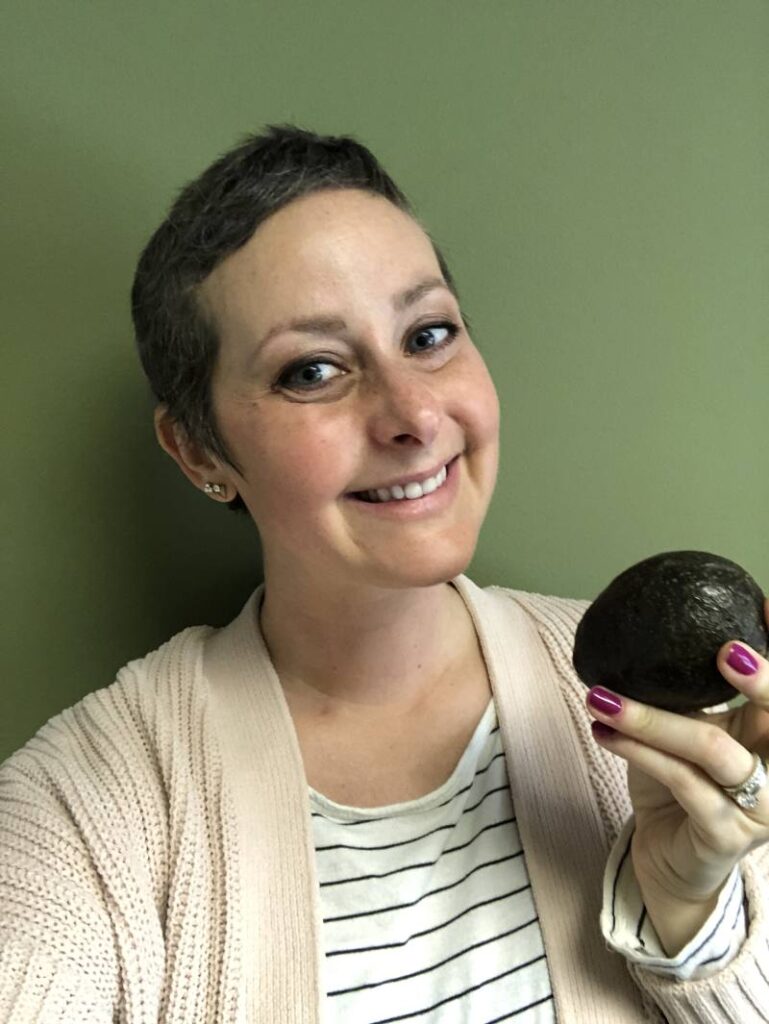
Turmeric
This was one thing I had never thought about but it seemed easy enough to implement. Not only is turmeric/curcumin a really great anti-inflammatory, it also helps to prevent the creation of blood vessels. Meaning, if a tumor is growing, or creating its own blood supply, curcumin can play a big roll in blocking this process from happening, which is a huge deal when fighting cancer.
Wholesome has a much more in depth blog on this – you can read that here. I also decided to make my own capsules, per Alison’s suggestion, and it was fun, inexpensive and I feel good knowing exactly what I’m putting into my body. Not a day goes by where I don’t take my turmeric capsule.
Limiting Meat
This topic seems to be a bit taboo for people, almost polarizing. After talking with Alison and doing my own research, I made the decision that eliminating meat completely was not something that works for my family… but I can absolutely limit the amount I eat.
The goal I try and stick to is to have meatless breakfasts and lunches. Dinner is the meal where we all eat together as a family, and usually this is where we incorporate a serving of meat. Notice I said “goal” and not “rule”. Every day is different, and I am in charge of my actions so I never feel guilty for choosing to eat meat or not.
Incorporating More Cancer Fighting Foods into Daily Routine
This one is simple. Rather than limiting something, I get to add things in. There are many, many foods known to aid in the fight against and prevention of cancer – a lot I really enjoy!
One of the easiest changes I have made is trying to include more of these foods in my daily routine. One example is legumes. I love beans, which have a ton of antioxidants and anti-cancer benefits. However, I rarely ate them outside of baked beans at a cookout in the summer. Now, I look for opportunities to add them into my diet. The same goes for veggies – the more, the better!
Upping Water Intake
During chemotherapy, the body craves water – to fuel muscles and organs that are taking the brunt of the poison being pumped through. I focused heavily on my water intake, to flush out the toxins, and give my body the cleansing drink it needed.
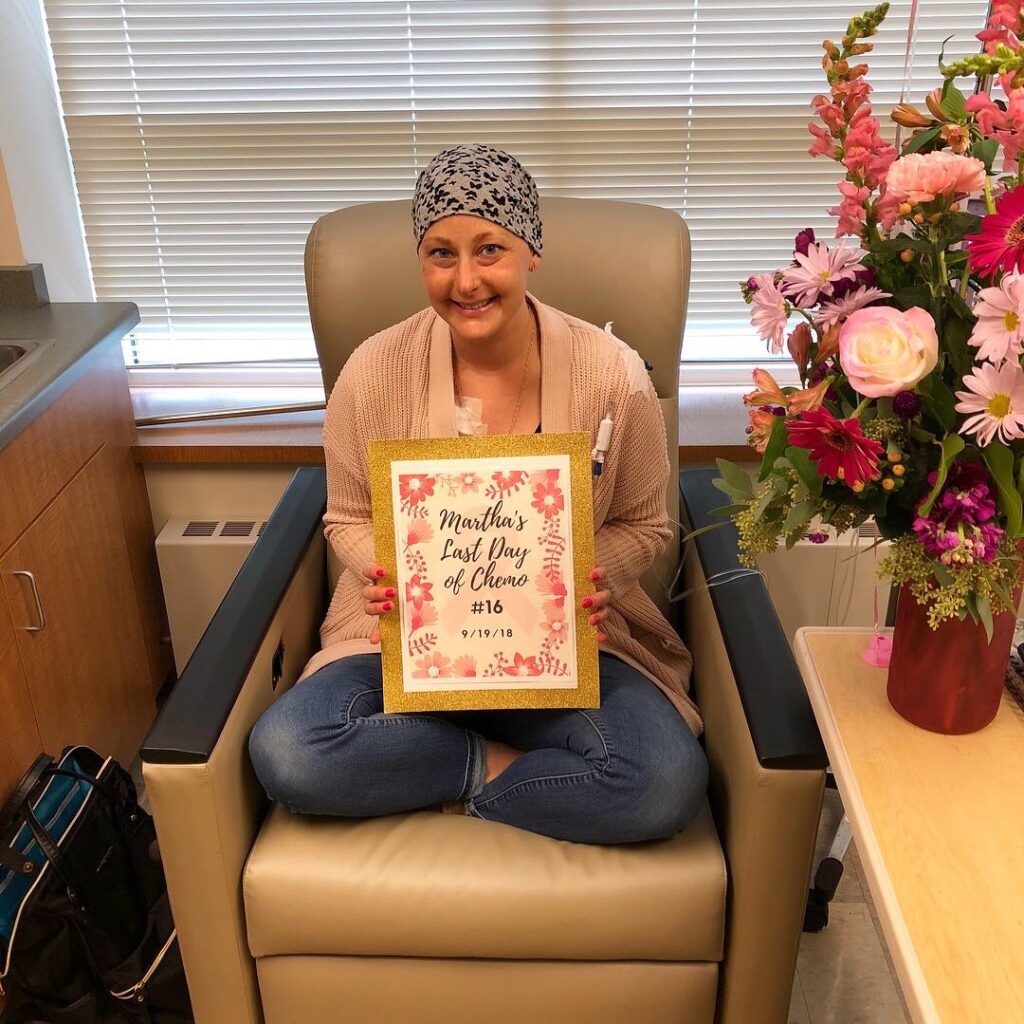
The bottom line is this – making healthy choices for me is not a diet, it is a lifestyle. It takes time to swap unhealthy habits for better ones. For our family, small changes make the most sense. Due to cancer, my eyes have been opened wide. I am always looking for more ways to take control of my situation, and food was a pretty easy place to begin. Lastly, I just want to say that it is a process. One where there is trial and error. I try to make thoughtful choices and also remember to be kind to myself.
I truly want to thank Alison for all of her insight and expertise in this arena; it has made all the difference in my journey!
You can find Martha and her amazing blog at:
Staying Martha
& Instagram at @marthherdy
Want to dive into some of the strategies Martha has implemented? We’ve got you covered!
Plus, we are currently running an official challenge to encourage you to dive in to the menu plan! You can enter to win some awesome prizes–between NOW and Thursday, March 7th, 2019. View our blog for official rules and how to enter! Did we mention it is all completely, FREE?!
Follow @wholesomellc on Instagram!
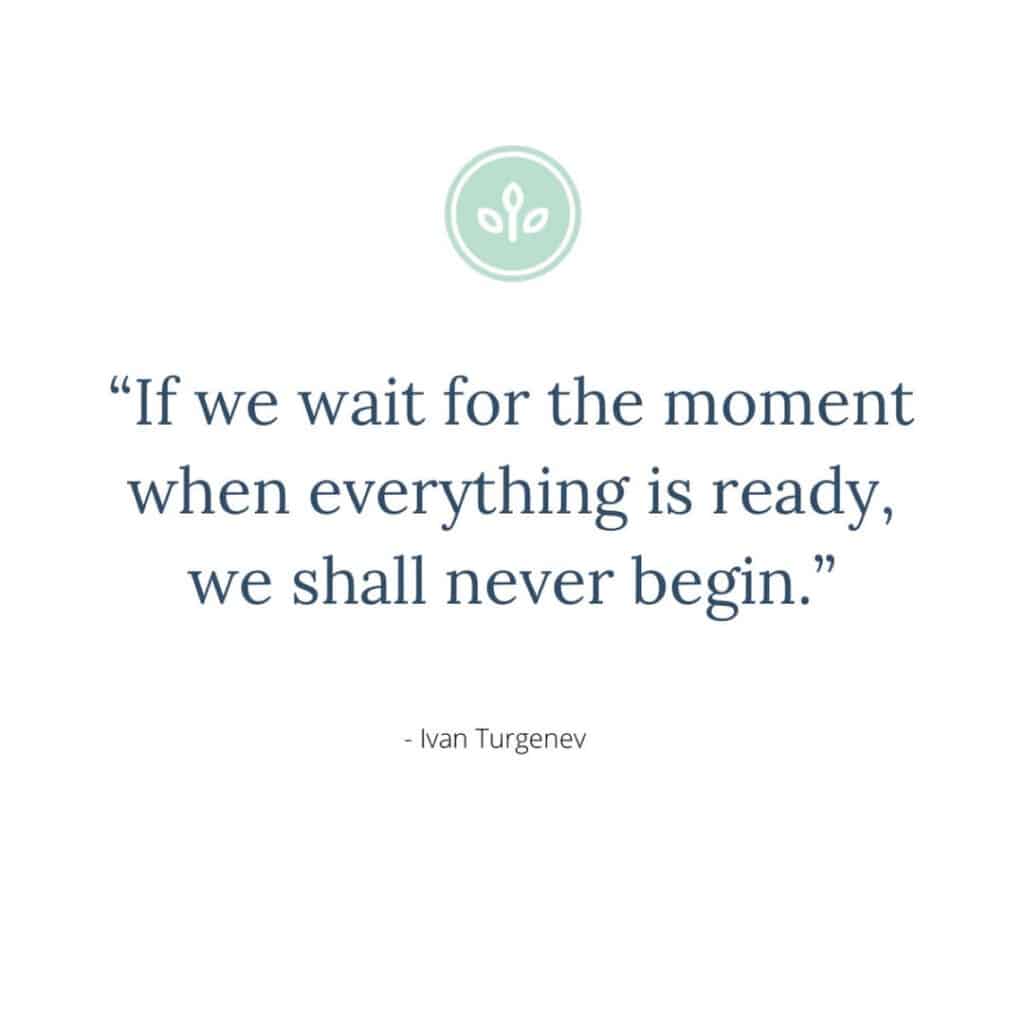
⠀⠀⠀⠀⠀⠀⠀⠀⠀
If you think back, it’s likely that the right time, or the perfect time, never showed up.

But it’s also no doubt that postpartum hormones are REAL.
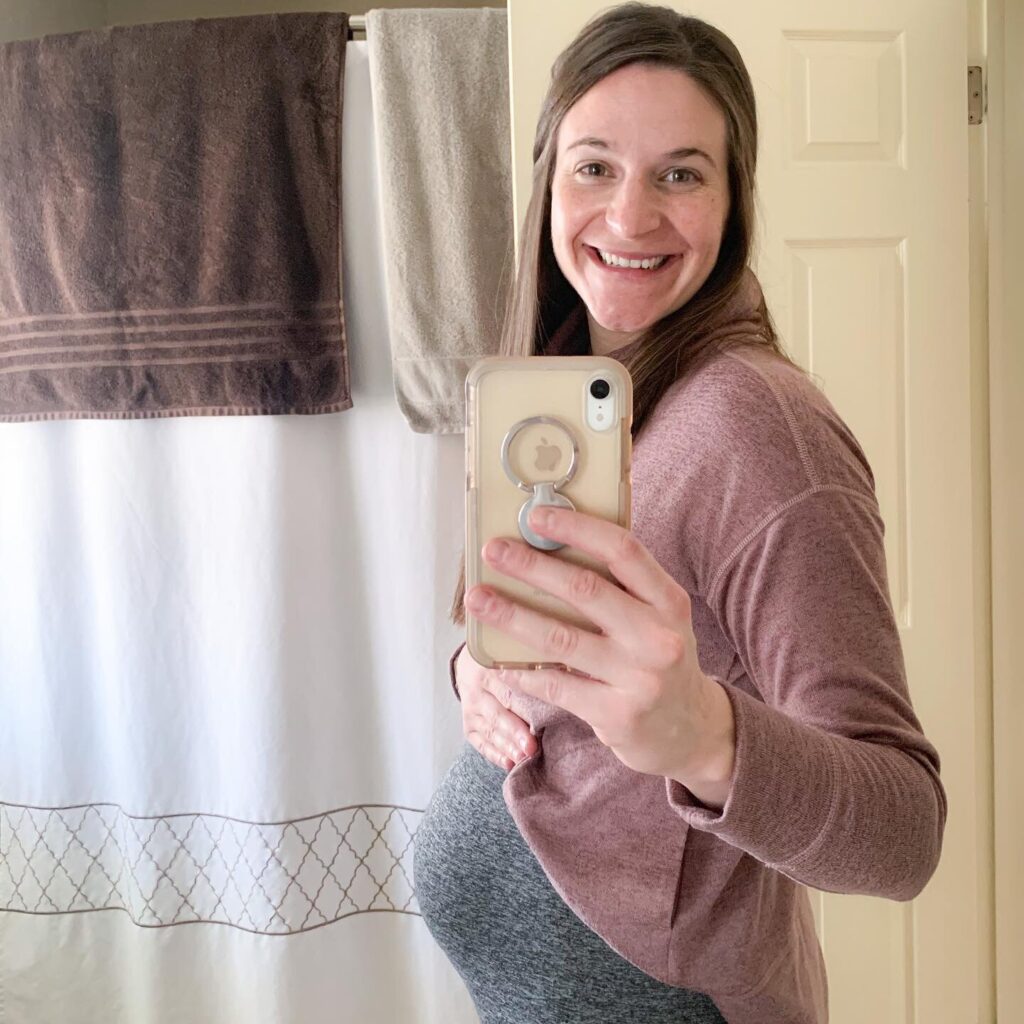
Grew, developed, and nurtured a baby! Another human!
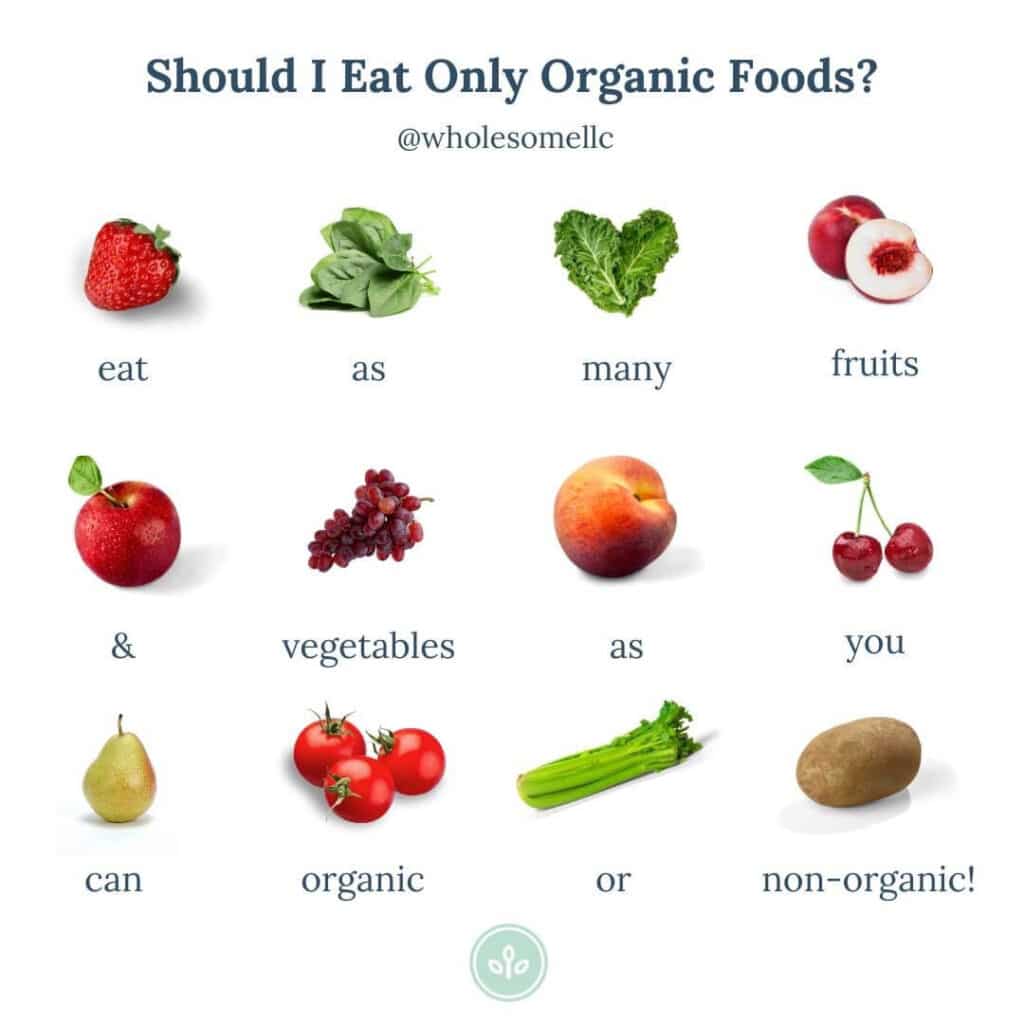
⠀⠀⠀⠀⠀⠀⠀⠀⠀
You’ve heard so many things and you don’t want to fuel cancer growth, but at the same time you’re overwhelmed and worried.
How Cancer Changed My Relationship With Food
Leave a Reply Cancel reply
Featured Articles
Wholesome LLC is not a medical practice, and its employees cannot offer medical advice. This website provides educational information but it is not a substitute for medical advice from a licensed medical professional who is familiar with your particular facts and circumstances. The information contained on this website is not intended to diagnose, treat, or cure any disease and shall not be construed as medical advice. The information and education on this website is provided for you to use at your own discretion.
You can further review our disclaimer here.
Wholesome
About Alison
Courses & Programs
The Wholesome Journey
Free Resources
FAQs
Press & Media
Recipes
Blog
Contact Us
Shop
© 2026 Wholesome, LLC All rights reserved.
Privacy Policy
Terms of Use
Disclaimer
Mobile Terms of Service
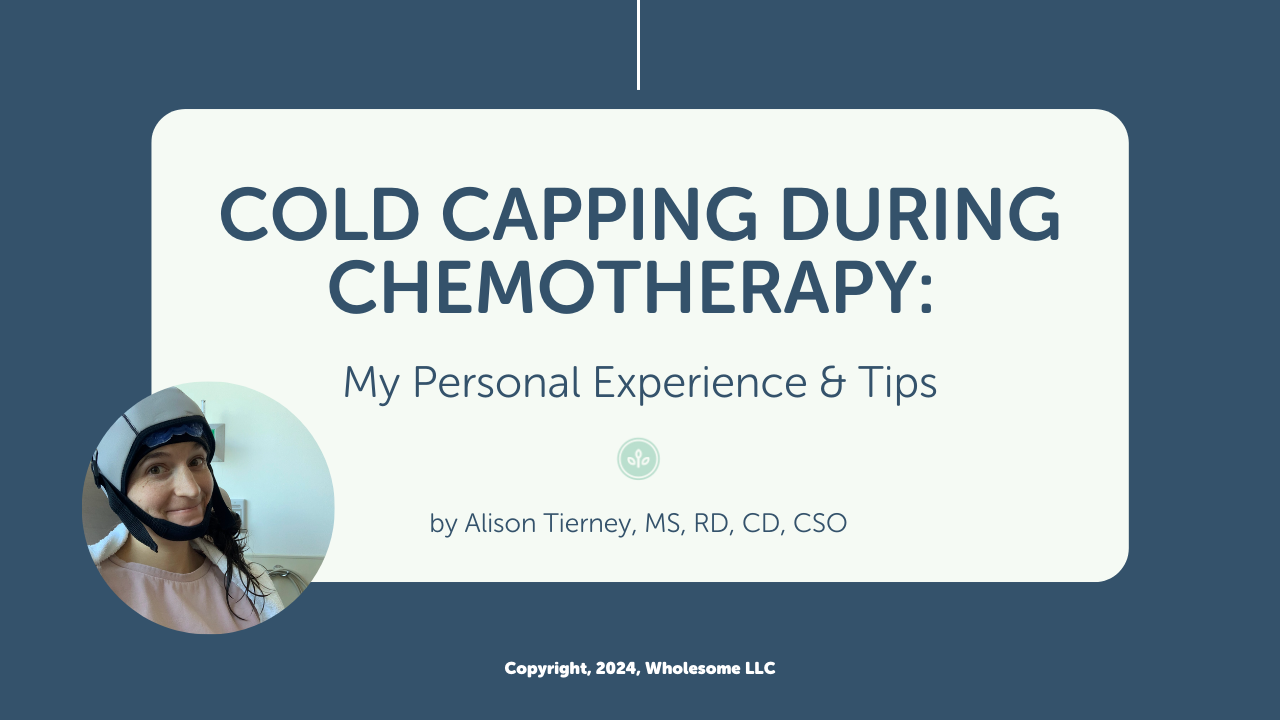
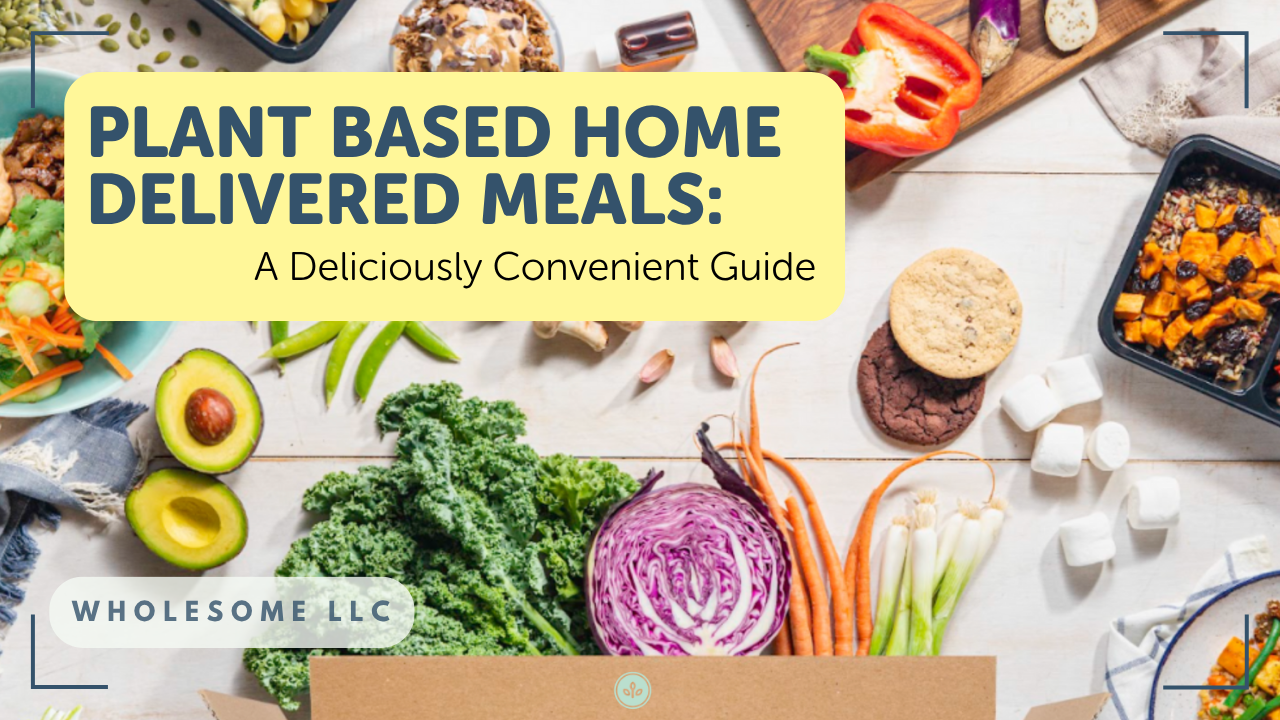
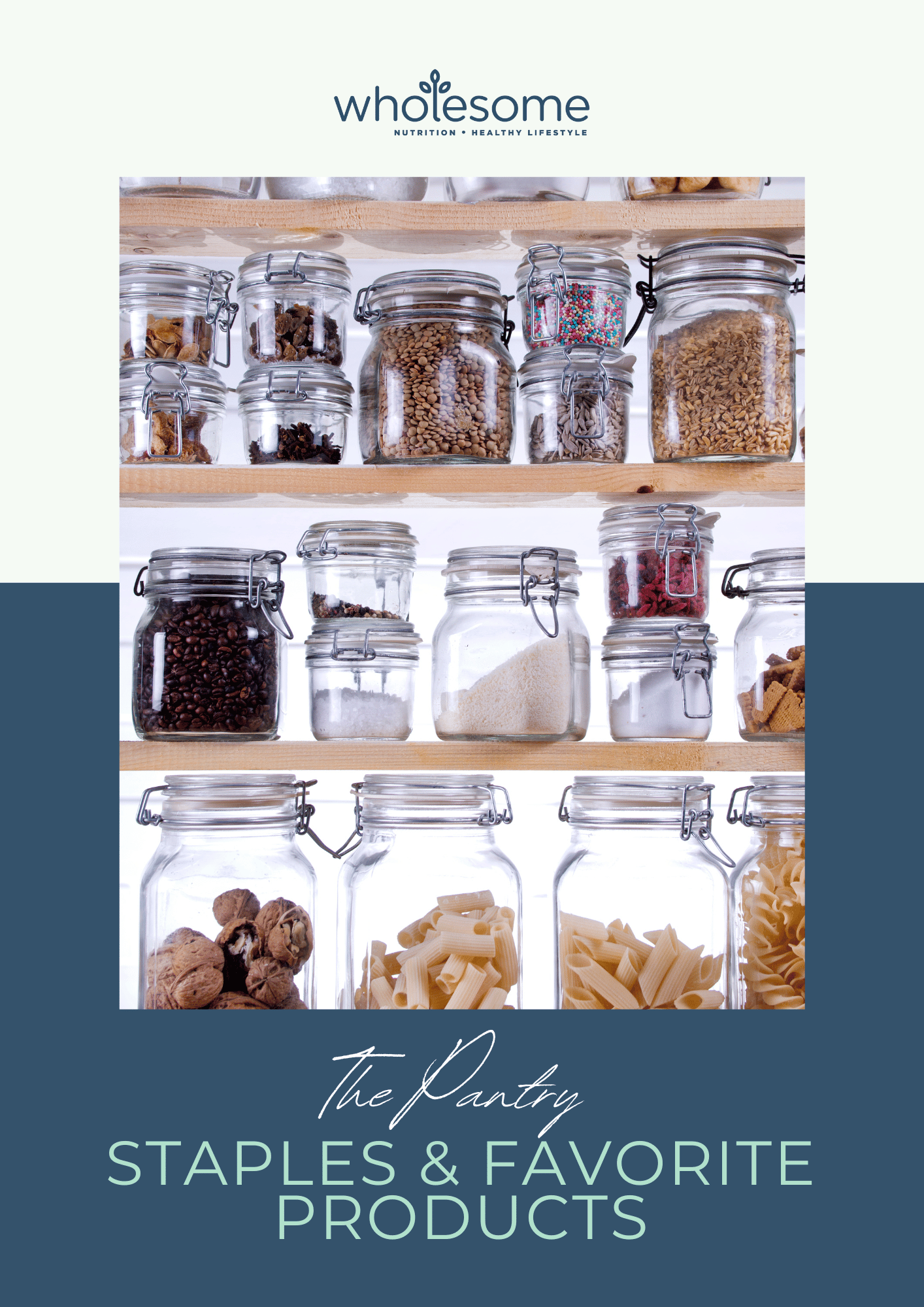
Wow, great post. Thank you for sharing your journey and your food insights. Breast cancer does not run in my family and I was shocked when I was diagnosed on 2/20/18. I’ve finished treatment and have been obsessing over what my diet should look like. Your story along with other blog posts on this site have been very informative and I feel better about my ability to make healthy decisions.
Hi Michele! Thank you for your comment! We are so happy to hear Martha’s journey and our other blog posts have been helpful for you on your journey. We wish you the best in your journey and hope we can continue to be a resource to you.